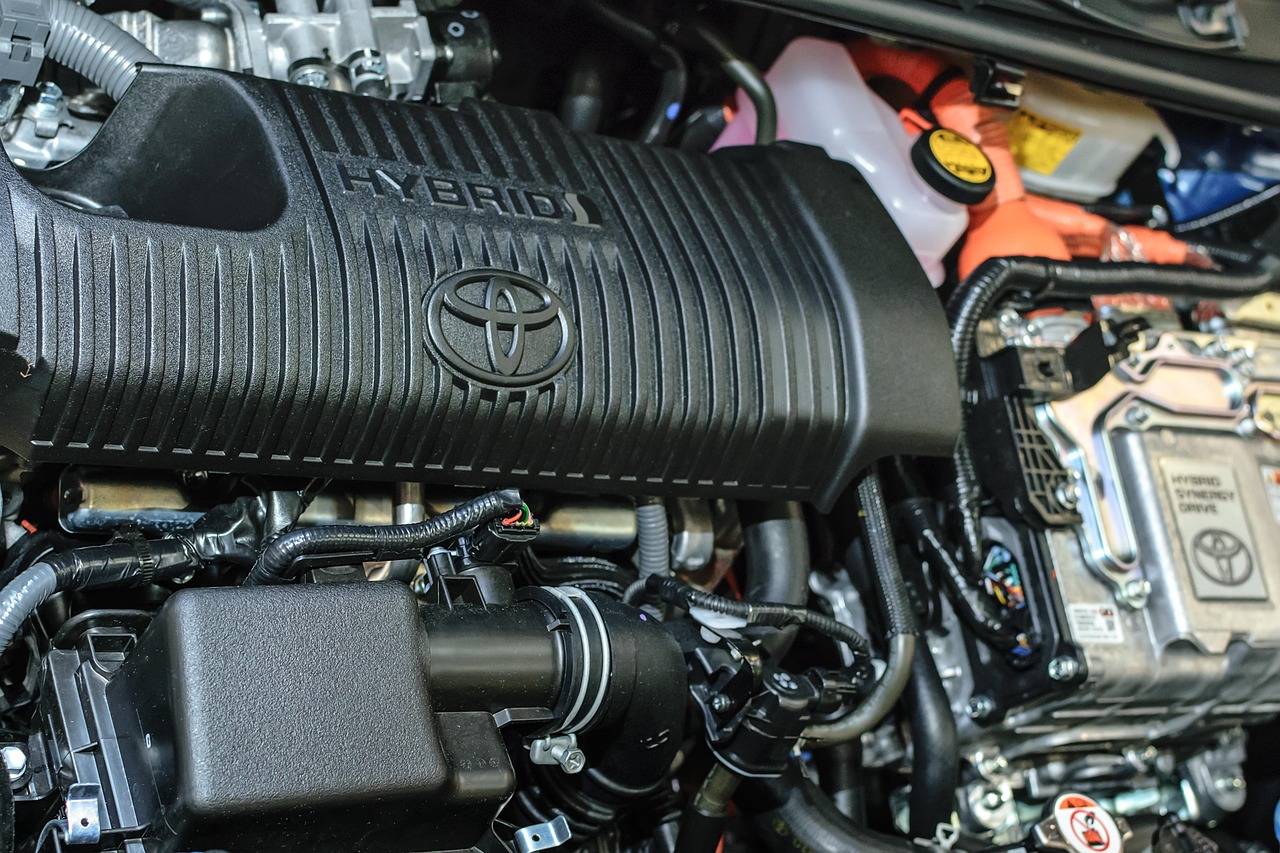General Motors has officially ended its decades-long pursuit of hydrogen fuel cell technology for passenger vehicles, marking a significant strategic shift for the automaker as it doubles down on battery-electric vehicles. The decision, announced in October 2025, sees GM halting next-generation fuel cell development through its HYDROTEC brand while redirecting resources toward technologies with clearer market potential.
The End of an Era
The Detroit automaker’s withdrawal from hydrogen fuel cell development represents the conclusion of extensive research and development efforts that spanned multiple decades. Despite the promise hydrogen technology held for zero-emission transportation, GM cited fundamental market challenges that made the path to profitability increasingly uncertain.
The company will continue limited hydrogen fuel cell production for industrial applications through Fuel Cell System Manufacturing LLC, a joint venture with Honda, focusing on data centers and power generation rather than consumer vehicles.
Infrastructure Reality Check
GM’s decision hinges largely on the stark disparity in infrastructure development between hydrogen and electric charging networks. The United States currently operates only 61 hydrogen refueling stations nationwide, creating a severe limitation for potential fuel cell vehicle adoption. This contrasts dramatically with the electric vehicle charging landscape, which boasts more than 250,000 level 2 or faster charging locations across the country.
This infrastructure gap, combined with the high costs associated with hydrogen fuel cell technology, has prevented consumer adoption from reaching critical mass. While hydrogen holds theoretical advantages for certain applications, the practical barriers have proven insurmountable for widespread passenger vehicle deployment.
Strategic Refocus on Electric Vehicles
General Motors is now concentrating its research and development resources on battery technology, charging infrastructure, and electric vehicles—areas where the company sees clear market traction and customer demand. This strategic pivot acknowledges that battery-electric vehicles have gained significant momentum in the automotive market, with established supply chains, growing consumer acceptance, and rapidly expanding charging networks.
The automaker stated it is “sharpening its focus on the technologies that show the clearest path to scale and customer value,” emphasizing that EVs demonstrate more immediate commercial viability than hydrogen fuel cells.
Industrial Applications Continue
While passenger vehicle development has ceased, GM hasn’t completely abandoned hydrogen technology. The company recognizes that hydrogen fuel cells may still serve valuable roles in specific high-demand industrial sectors, including backup power systems, mining operations, and heavy trucking. These applications often involve controlled environments with dedicated fueling infrastructure, making them more suitable for hydrogen technology than consumer markets.
The decision reflects broader industry trends, as automakers worldwide increasingly commit resources to battery-electric platforms while scaling back hydrogen investments for passenger vehicles. GM’s move signals a pragmatic assessment of market realities and consumer preferences, prioritizing technologies with demonstrated scalability over those still seeking commercial validation.
Sources:
https://gmauthority.com/blog/2025/10/gm-ending-next-gen-hydrogen-fuel-cell-development/
https://www.autoblog.com/news/gms-hydrogen-future-is-over-heres-why-the-automaker-walked-away
Photo by AS_Photography on Pixabay
